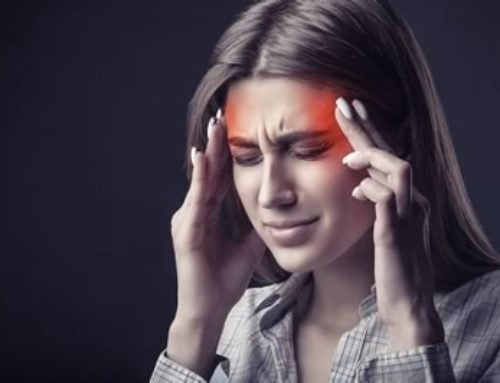Many patients seek treatment when they are suffering from what they think are migraines. While often passed off as just a severe headache, your headache specialist will attest to the fact that a migraine is a complex neurological disease.
What Causes Migraines?
All human functioning is controlled by your brain. Data is sent to and from your brain and spinal cord via electrical signals using a network of nerve cells. Within each nerve cell, the signals are charged and sent along ion channels. When crossing from one nerve cell to another, the signal uses chemical neurotransmitters. Coordination of all this is done by the brain stem, which also helps control your breathing, heart rate, sleep cycles, and many other bodily functions.
A migraine can occur when some part of this communication network malfunctions, and can even be due to mutated genes. Because these genes can affect other areas of your body too, if you get migraines, you may also have epilepsy, strokes, anxiety, depression, hypothyroidism, fibromyalgia, irritable bowel syndrome, and more. There is even a headache-free type of migraine known as an acephalgic migraine. This is how complex some migraines can be.
Tension Headache or Migraine?
If it feels like a headache, how can you tell if it is a migraine? Although some of their symptoms are similar, migraines have some specific symptoms and phases:
Symptoms can occur in any combination and most common are:
- Throbbing head pain
- stops your usual activities
- pain on only one side of the head, but can be both sides on occasion
- nausea and/or vomiting
- sensitivity to light and/or sound
- seeing spots
- temporary vision loss.
About Migraines
Affecting one billion people worldwide, migraines are classified according to whether you experience an aura (sensations experienced pre-migraine) or not. Accordingly, migraines typically have three or four stages:
- Prodrome hours before a headache with subtle symptoms such as fatigue and yawning or irritability.
- Aura – brain fog, an odd sense of touch, taste, or smell, flashing lights – 10 – 30 minutes before the headache.
- Headache attack – which may include sensitivity to light and noise and nausea – lasting between 4 and 72 hours.
- Postdrome lasts a day or two and feels a bit like a hangover.
Treatment for Migraines
Because there are so many triggers and causes, your best course of action is to consult with a headache doctor to establish a program unique to your needs.
Don’t let migraines rob you of any more quality time. Contact The Head and Neck Centers of Excellence today for a headache treatment – be it a migraine or any other type of headache.






